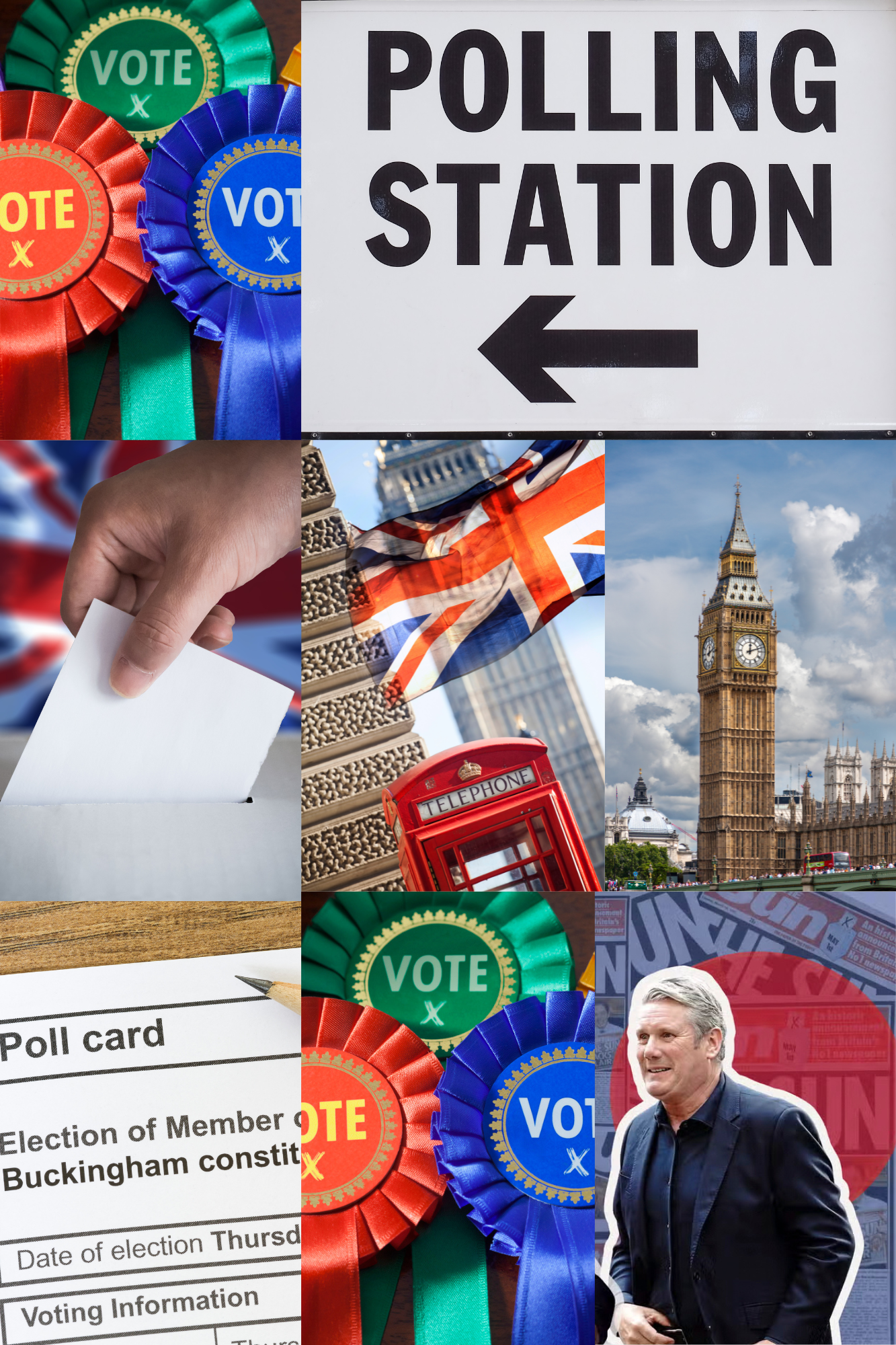

Peter Martin
The Author has been involved in politics for decades, including as an independent councillor for many years.
Political Parties - 'Can’t live with them, can’t live without them'.
It is a moot point whether our political system has created the political parties we have or whether they have created the system under which they thrive.
As it stands, our Parliament can only operate with one group in power (the Government) and all the rest in opposition. Coalitions are sometimes formed but they rarely last.
Political power is a high stakes game. Historically, the interests of the powerful are pitted against the interests of the disempowered. The powerful always have the upper hand because they can attain power by purchasing influence.
The disempowered have to fight for every inch of progress and reform. They must organise to gain what’s fair and, likewise, the powerful organise to stop them. Two sides in perpetual conflict. This is the genesis of our political parties.
Despite appearances, political parties are not part of our constitutional arrangements. They are private self-interest groups. Anyone can form a political party. Some are even companies. There are currently over two hundred in the UK but for the last eighty years our governments have been dominated by just two; Labour and Conservative.
Voters have come to realise that whichever party forms the government, very little of what they promise is actually delivered. Very little of what is necessary for a successful, prosperous and happy country is ever attended to. What the public wants from politics is not what the public gets.
What we see is relentless, petty culture wars and populist sloganeering. The conflict becomes all that matters. Politics becomes more important than government.
Appalling as this is, it is nevertheless the system that creates this tendency. The need to win elections means that long term planning and the execution of policies that would benefit the whole nation are impossible to implement. Policies that do get enacted are nearly always short-term responses to problems the government has caused (through action or neglect) or politically motivated populism.

However, the public are as much to blame for this as the parties are. It is us that demands instant and often impossible solutions to complex long term problems. It is us that puts our faith in ‘hero’ leaders who turn out to be caricatures at best, or dishonest, cruel and dangerously incompetent at worst.
Over time the parties have metastasised simultaneously into bureaucratic dictatorships and socioeconomic cults. This applies both inside and outside the party. Inside it, MPs and members are subject to Byzantine rule-books, harsh discipline and expulsions for those deemed to have the wrong opinions. This stifles and distorts healthy debate. It is intended to create party cohesion but instead it creates divisions, factions and dissent. So not only are the parties fighting each other but they are fighting amongst themselves. Calm, rational and collaborative government becomes all but impossible.
Outside of the party their supporters nevertheless become blind to their chosen party’s faults. The party becomes an integral part of their socioeconomic identity. Tribal allegiances are passed from generation to generation on the parental knee. Policies become irrelevant. Poor performance in government is ignored. Party support is more important.
If we want to change the system for something better then we have no choice but to rely on the very parties that have let us down so badly in the past. Institutions that lack the incentive, the will and the capacity to change.
Proportional Representation (PR) is increasingly popular among the electorate but as soon as one party gains a significant majority in Parliament then they have no incentive to implement it. Likewise, if a party does well in Scotland and Wales, it has no incentive to devolve more powers or even consider independence under a new constitution.
So, what can be done? We’re caught in a trap. Political parties are all we have under our current voting system and parliamentary arrangements.
The answer is – at least in theory – either we need better parties or the parties we have need to be better. Is this likely to happen any time soon? We shall see…
Related Articles
Related
Labour’s Third Age
The Author is an ALL council member and a democracy campaignerI do not subscribe to the Fourth Turning Theory, which argues that social history comes in four distinct cycles that repeat or rhyme with their historical counterparts' ad infinitum. Though I agree history...
Taxing extreme wealth
Taxing extreme wealth is much discussed and high on the agendas of progressive organisations. But why is this? Wealth taxes of some form or another have been around for well over a century but today governments concentrate on taxing working income and company profits,...
The Labour-Tory Duopoly
The Author is an ALL council member and a democracy campaignerAs a long time electoral reformer I draw conclusions from votes cast rather than seats won I find it continually bemusing that the media-political class pay no mind to the votes cast for each party. The...
